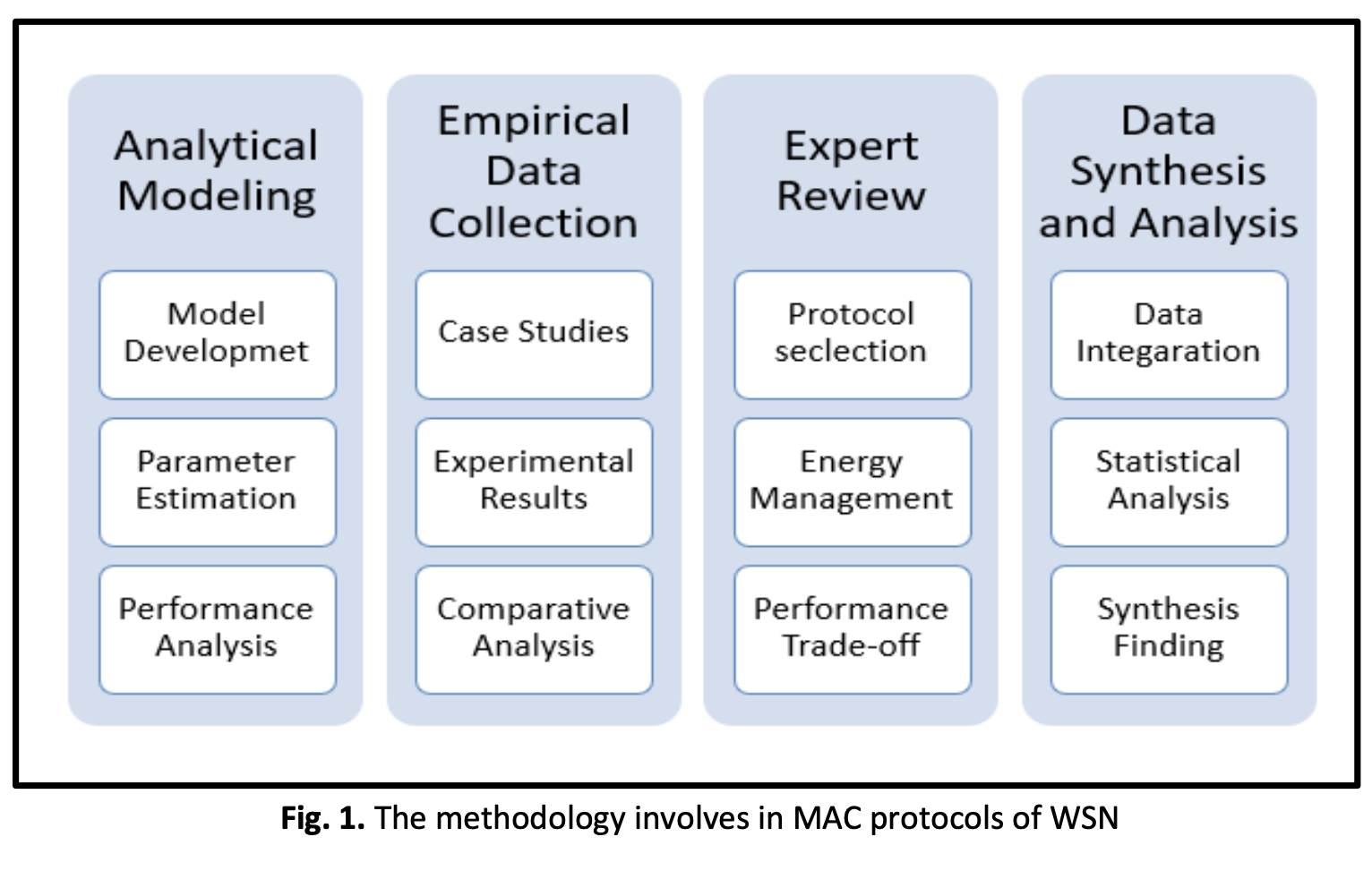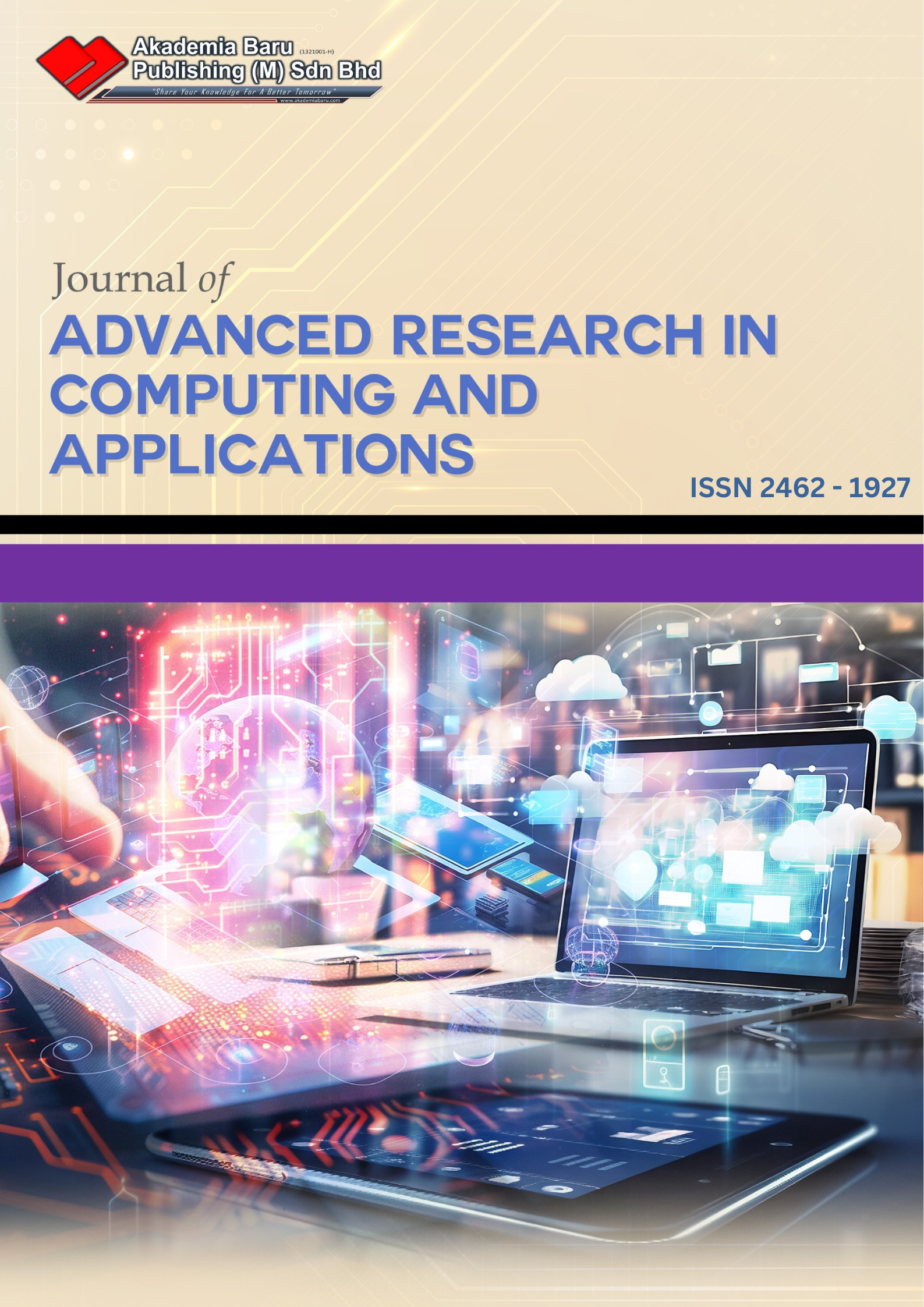Analytical and Empirical Insights into Wireless Sensor Network Longevity: The Role MAC Protocols and Adaptive Strategies
DOI:
https://doi.org/10.37934/arca.36.1.5260Keywords:
Wireless Sensor Network, Energy Efficiency, Medium Access Control, Data Transmission ReliabilityAbstract
Wireless Sensor Networks (WSNs) have become essential in various fields, such as corporate industries, environmental monitoring, military defense, and healthcare, due to their ability to monitor and transmit data from remote locations. However, the battery-powered nature of WSN nodes necessitates a strong emphasis on energy conservation to extend network lifespan. This paper evaluates the impact of different Medium Access Control (MAC) protocols on WSN performance, focusing on energy efficiency and data transmission reliability. We explore various MAC protocols, including contention-based protocols like Carrier Sense Multiple Access (CSMA), schedule-based protocols like Time Division Multiple Access (TDMA), and hybrid protocols that combine both approaches. The methodology integrates analytical modelling, empirical data collection, and expert interviews to comprehensively assess the performance and longevity of WSNs under different MAC protocols. Analytical models were developed to simulate WSN behavior, considering factors such as node density, traffic load, and energy consumption. Empirical data from real-world deployments and experimental setups were analyzed to validate the models and provide practical insights. Expert interviews further highlighted the challenges and considerations in MAC protocol design and implementation. This paper underscores the importance of context-specific MAC protocol selection and the potential of adaptive strategies, including machine learning, to enhance WSN efficiency and reliability. These insights can guide the development of more sustainable and high-performing WSN applications.
Downloads















